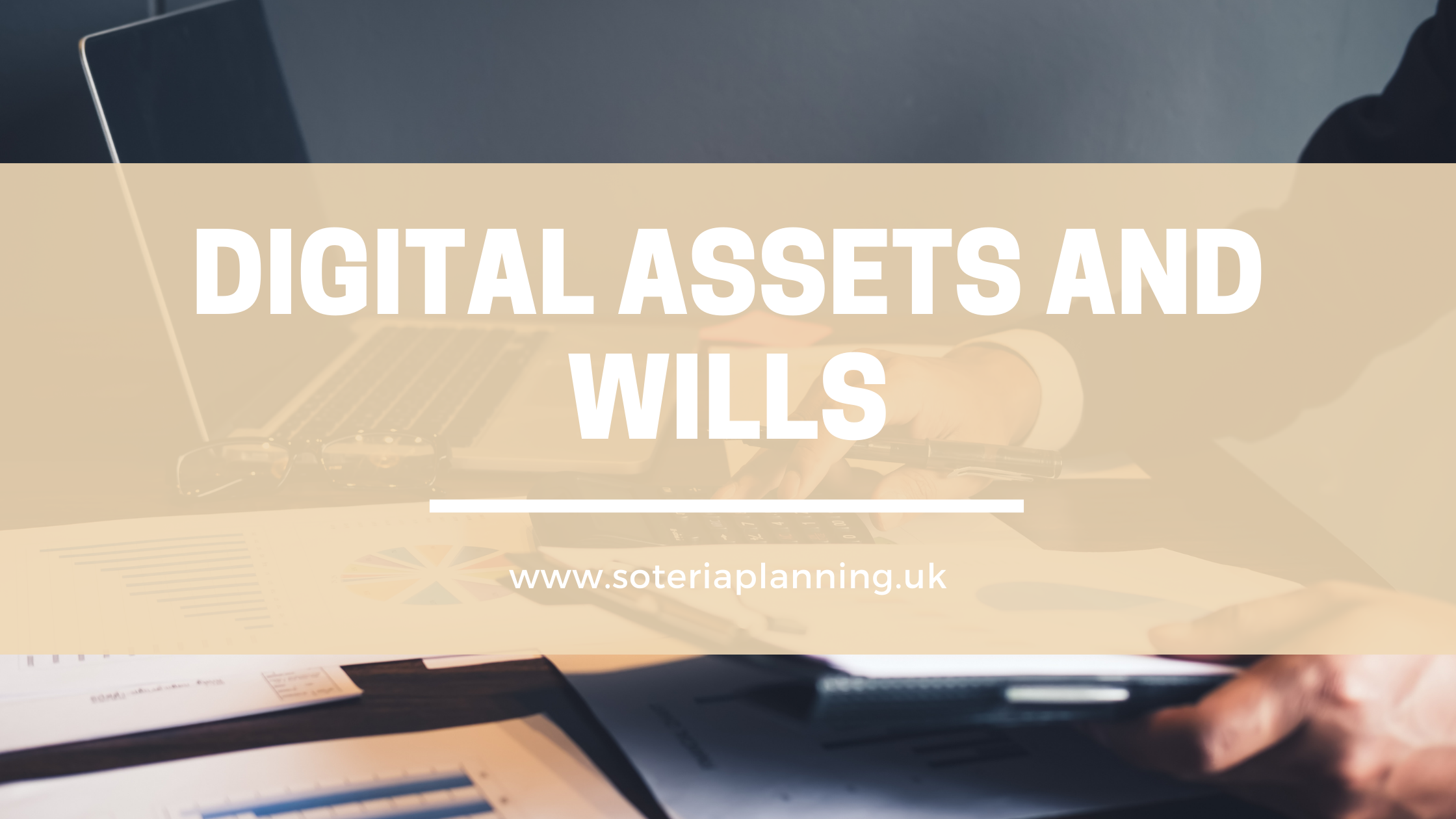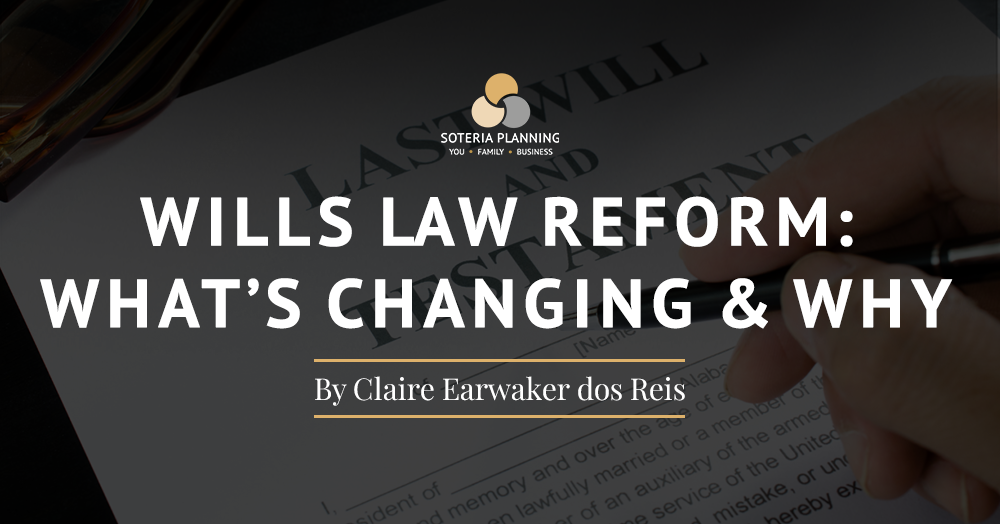What is a digital asset? In its simplest form a digital asset could be defined as any digital materi...
What is a digital asset?
In its simplest form a digital asset could be defined as any digital material owned by a person or organisation. Such assets could take the form of photographs, videos, text files, spreadsheets, social media accounts, gambling accounts, crypto wallets, Non-fungible tokens etc.
Social media accounts and Wills
According to Cybercrew.uk over 77% of people have a social media account of some description (over 53 million people) and this is just one of the types of digital assets that we hold. Many of us use social media to document our lives and keep in touch with friends and loved ones. We find ourselves tagged in photos and memories and when we pass, these accounts could be lost or forgotten about.
Can you leave them in your Will?
It’s important to consider how these assets are disposed of/passed on. It’s unwise to include passwords within your Will in the event that someone who shouldn’t have access finds these. Likewise, we don’t advise that online banking details are included within a Will but there are providers of security tools who can securely hold passwords and access to digital assets – who can provide access to your executors or loved ones upon your death. Typically you will be able to appoint someone who you permit to access the passwords when you’re no longer around and they will gain access after providing proof of identity and a death certificate etc.
Average number of passwords
Why is it necessary? More of us than ever before are accumulating digital assets and according to Tech.Co the average person has over 100 passwords. To be able to close online accounts, let providers know that we’re no longer around, and to be able to access assets, we will need to provide access to our executors.
What happens to digital assets on death?
It’s not uncommon for some accounts to get hacked by unscrupulous people and they are sometimes targeted because of their inactivity and because it’s assumed that no-one will notice if they become active again but typically, an account will simply become dormant and in some cases be deactivated meaning any content, or memories could be lost. As such it is important to make provision for these assets so that loved ones can still access them.
What can you do with your digital assets?
When it comes to estate planning, we discuss these options with you. We’ll talk to you about the different types of assets and your options but in short, we can help you make provision for them, ensure the people you want are able to manage them and can get access.
Realistically, it’s all centred around legal planning and we do this through Wills and Letters of Wishes.
Should you have any questions about digital assets, speak to the friendly and knowledgeable team at Soteria Planning.



Share this with
Email
Facebook
Messenger
Twitter
Pinterest
LinkedIn
Copy this link